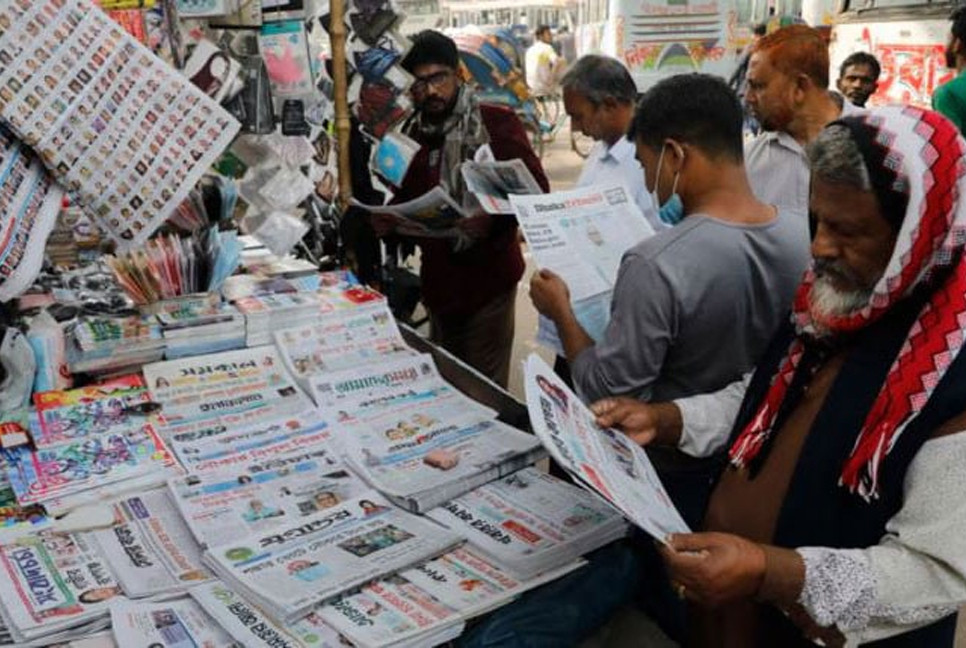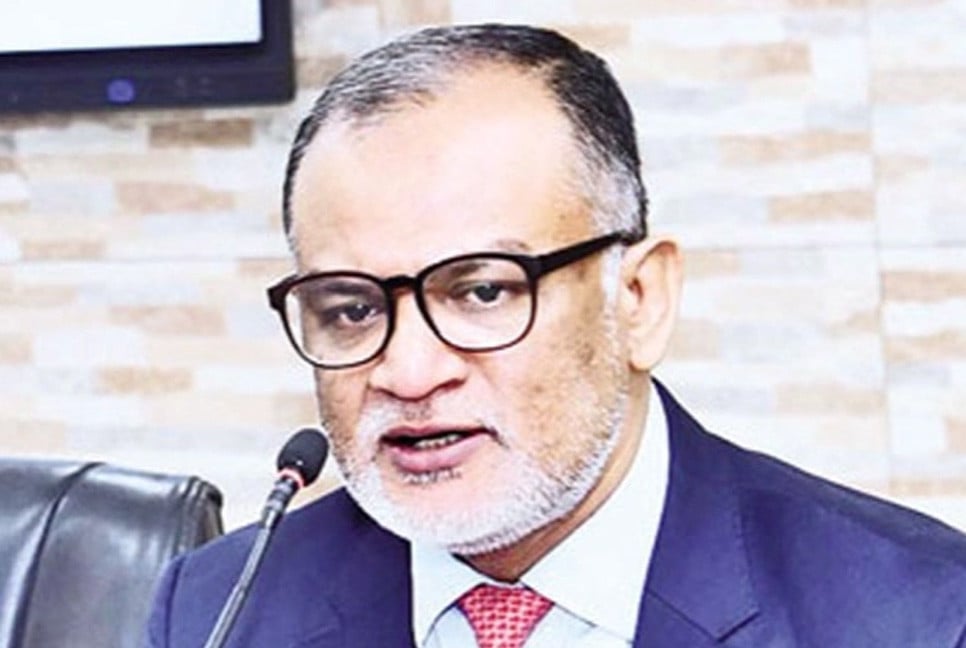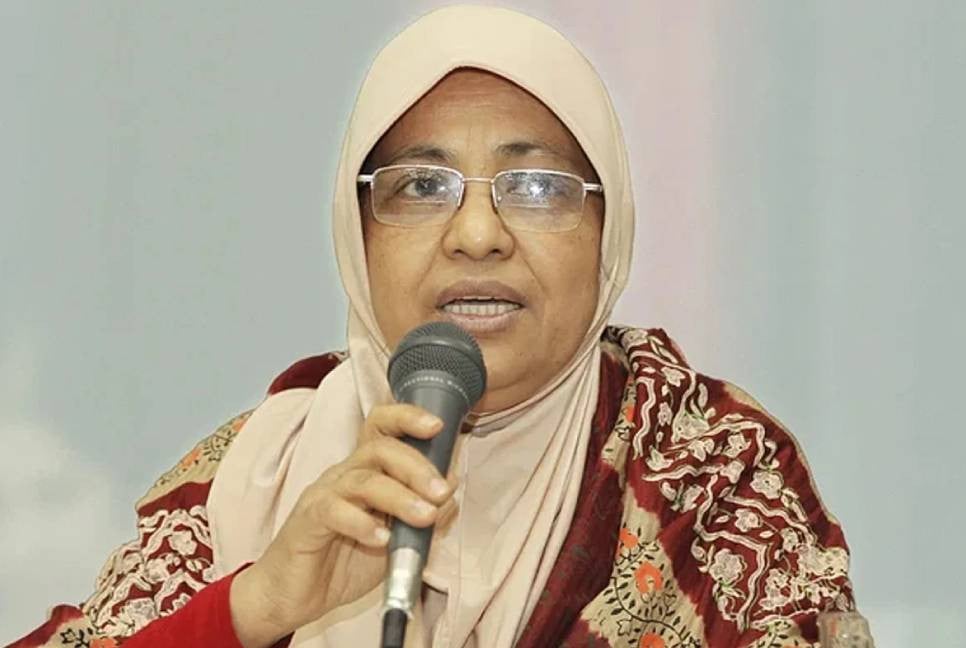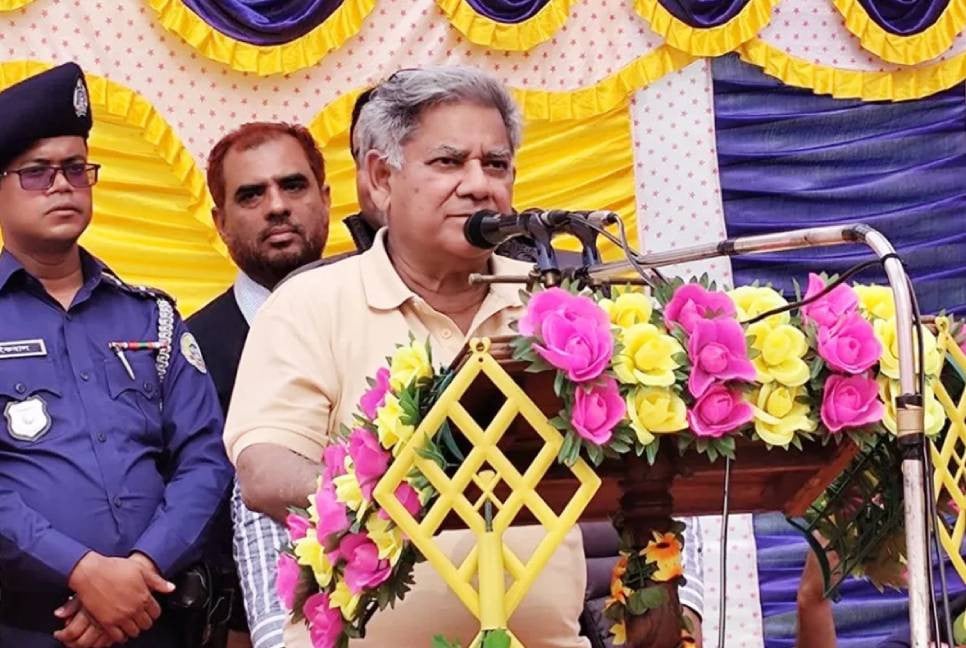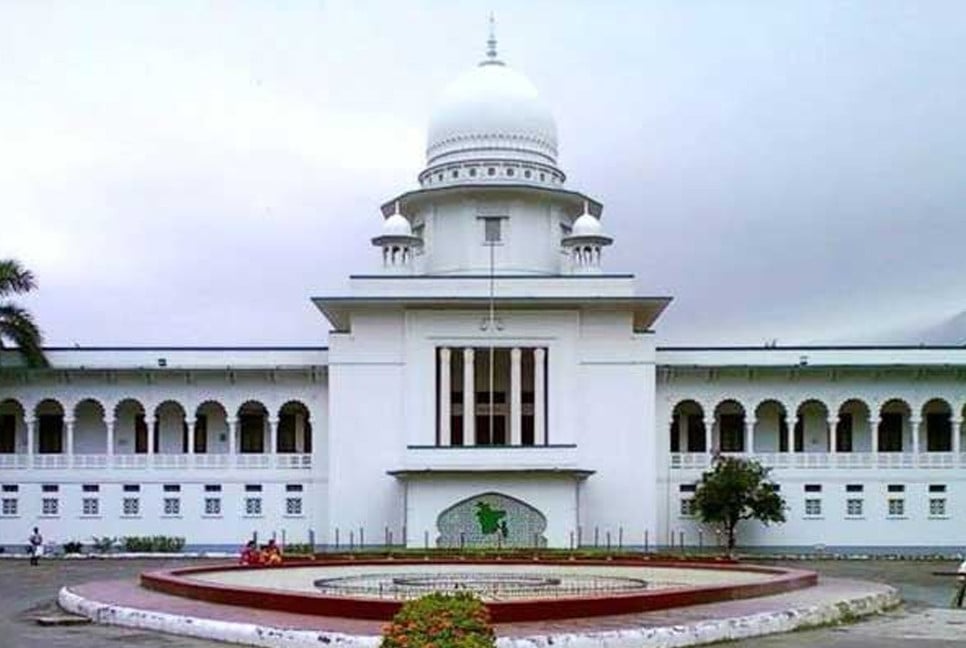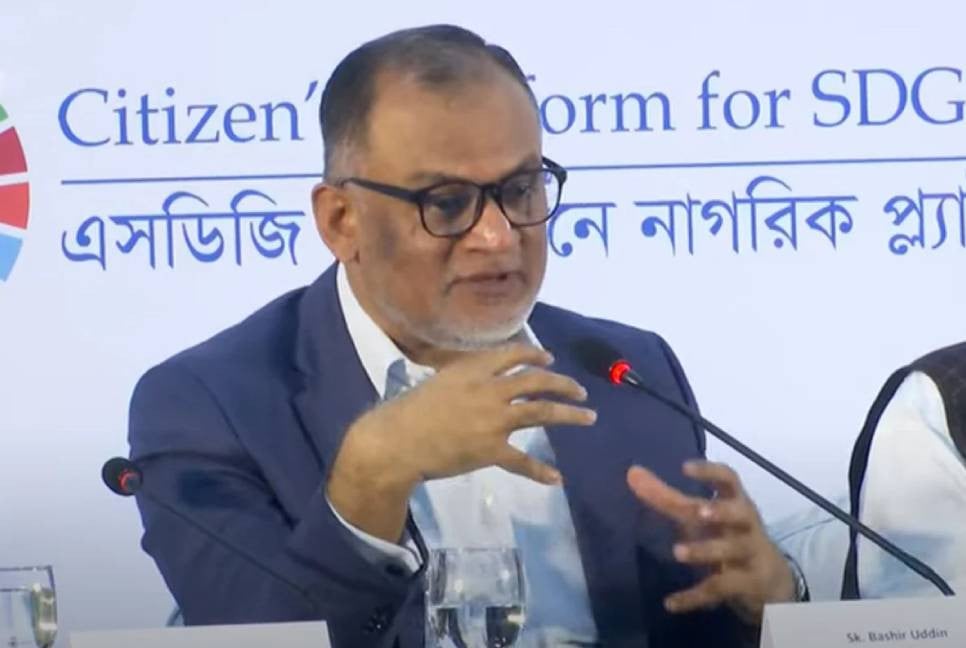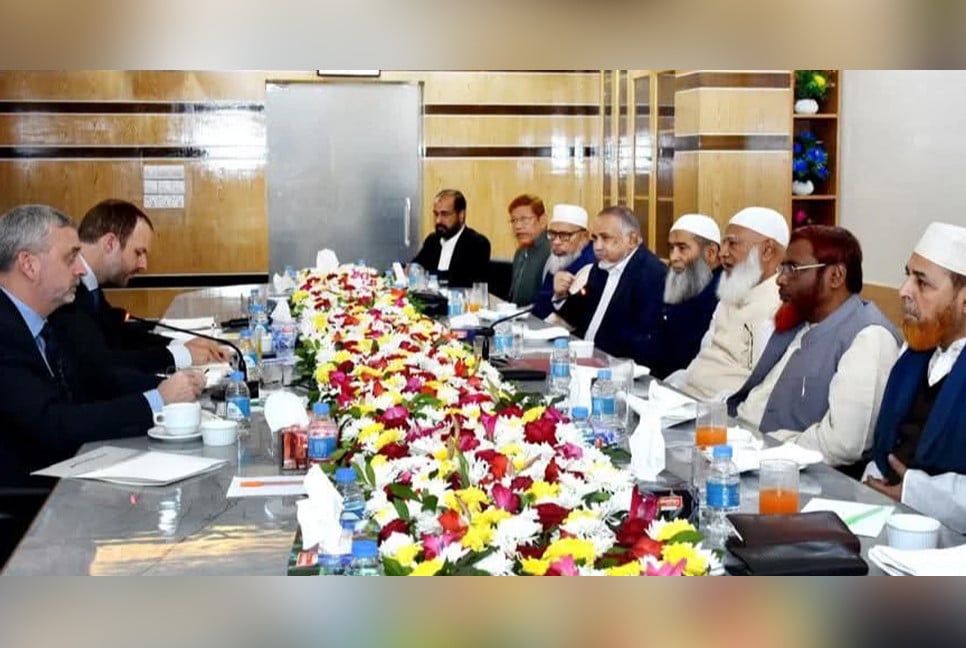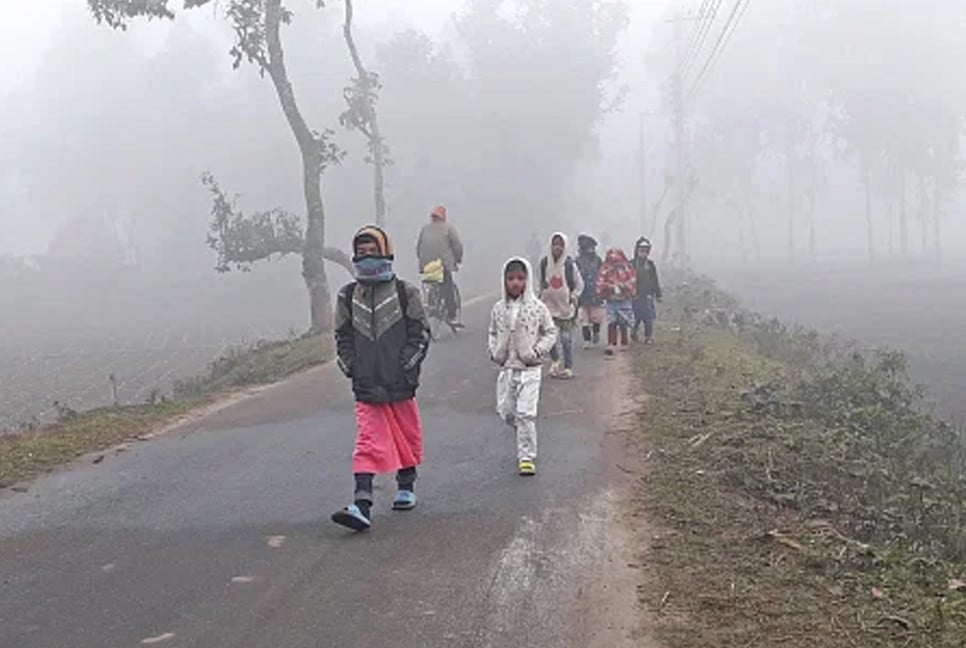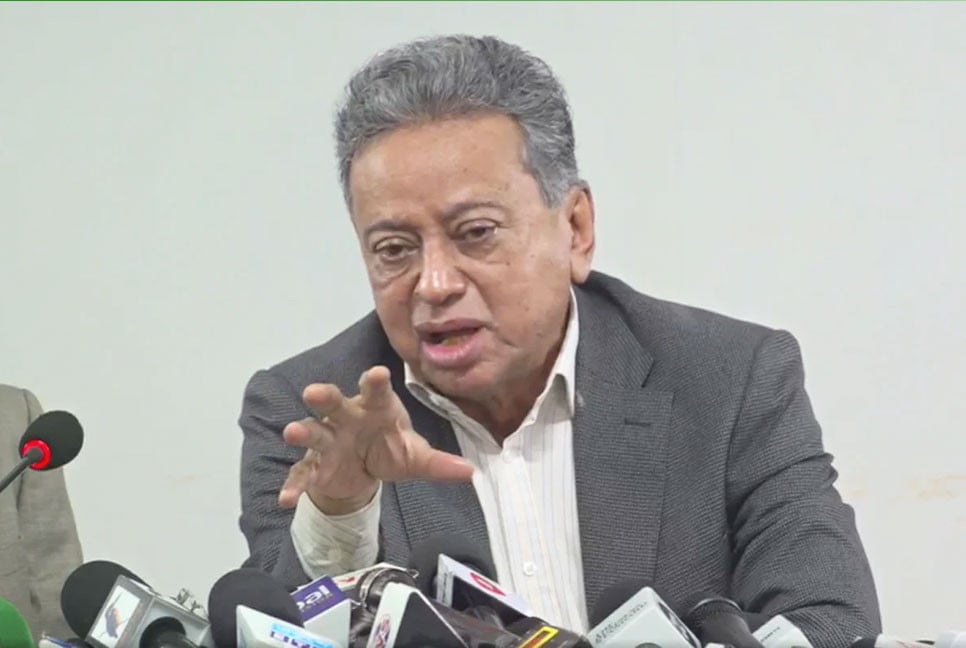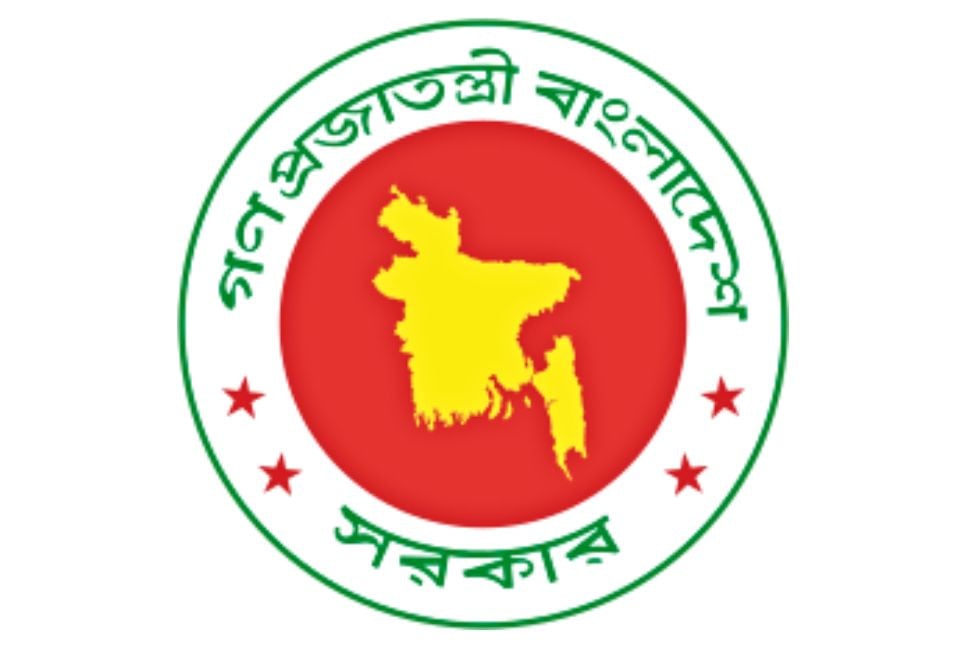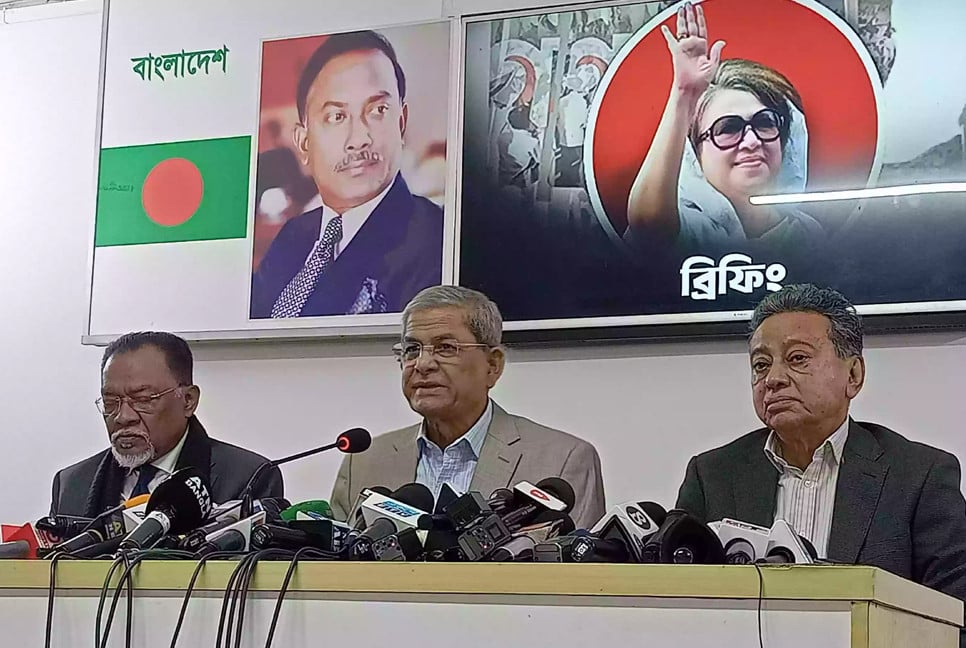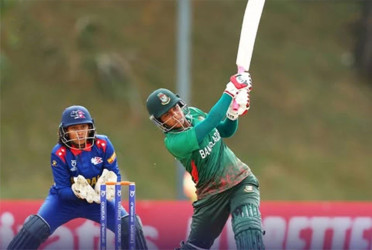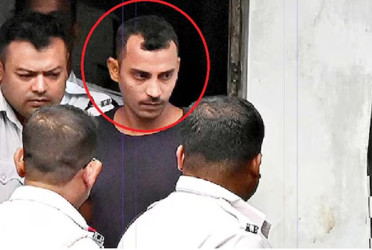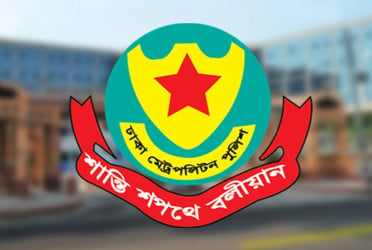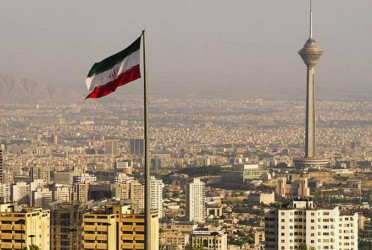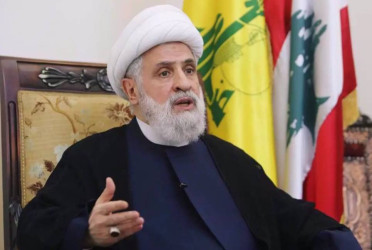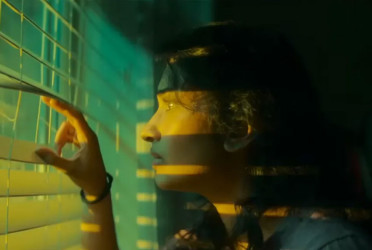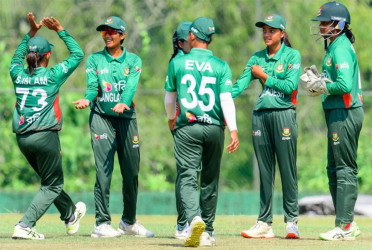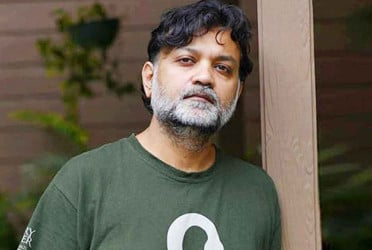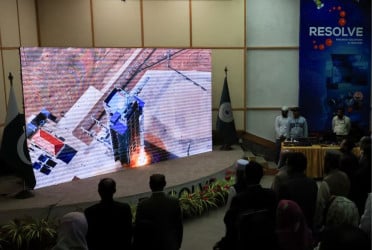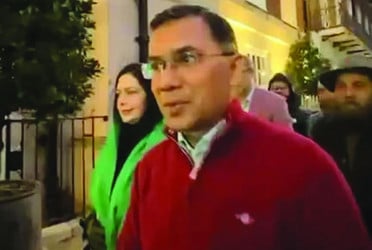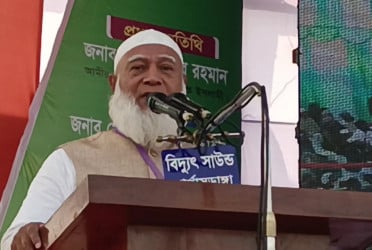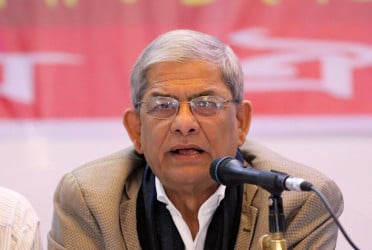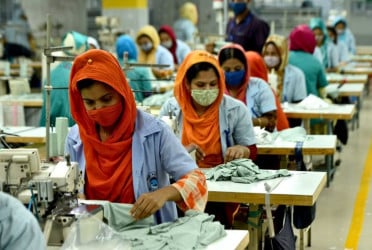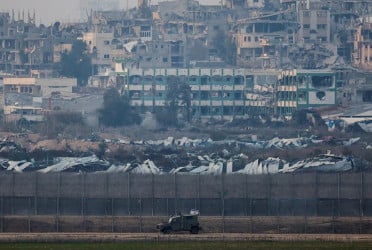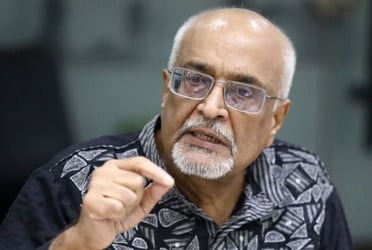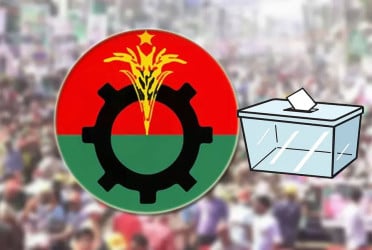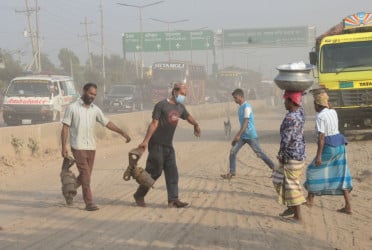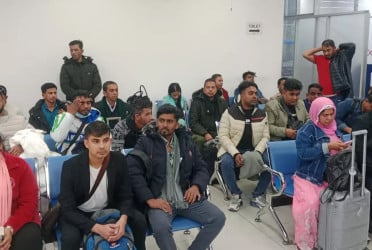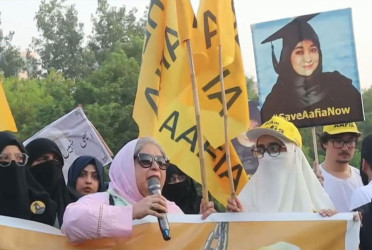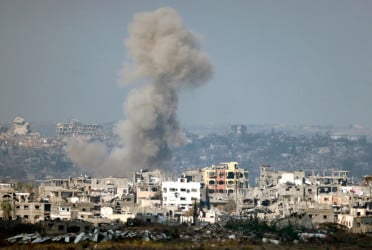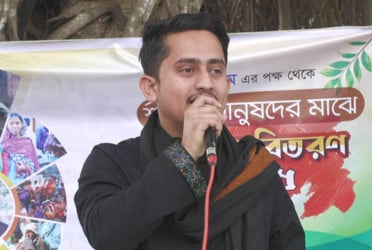60.4% people believe that freedom of expression has increased under the rule of interim government compared to the tenure of the ousted Awami League government.
And 61.2% believe that the media now enjoys more freedom.
A survey by Voice of America (VOA) Bangla that has been conducted between 13th November and 27th November across eight divisions of Bangladesh, involving 1000 respondents ageing 18 and above, revealed the information.
Many respondents shared diverse views on freedom of expression under the interim government. While 25.2% believe it remains the same as during the Awami League's tenure, 14.2% think it has decreased, and 0.2% declined to comment.
Notably, a higher percentage of men 64.3% feel that freedom of expression has improved under the interim government, compared to 56.5% of women who share this perspective.
Among youth aged 18-34, 57.1% perceive greater freedom under the interim government, while 63.8% of those aged 35 and above feel the same. Respondents from rural areas (58.4%) and urban areas (66.3%) also agree that freedom of expression has increased.
The survey revealed that 61.2% of respondents believe the media has more freedom under the interim government compared to the Awami League's rule.
While 18.5% observed no difference in media freedom compared to the previous Awami League government, 13.3% felt that media freedom has decreased under the interim administration. Additionally, 0.2% of respondents chose not to comment on the matter.
Among urban respondents, 73.8% feel that the media enjoys more freedom under the interim government, while 57.1% of rural respondents agree. 65.7% of younger respondents and 56.5% of older respondents feel similarly. Among men, 68.2% support this view, compared to 54.2% of women.
Following the ouster of the Awami League on 5 August and the assumption of power by Chief Adviser Dr Muhammad Yunus on 8 August, media outlets perceived as favourable to the Awami League faced initial public backlash.
On 11 September in a speech, Dr Yunus emphasised the government's commitment to media freedom and announced plans for a Media Reform Commission, established on 17 September.
The interim government also pledged to repeal the controversial Cyber Security Act.
Bangladesh ranked 165th in the latest Free Press Index published in 2024, the lowest since the Free Press Index began in 2002.
Bangladesh has fallen 44 places in the Free Press Index in the last 15 years under the Awami League government, which has been in power for four consecutive terms since the December 29, 2008 elections.
Experts have identified several reasons behind this decline in the media index, including the government's various oppressive laws, the granting of media licenses based on party considerations, and the putting media in the state of fear.
Reporters Without Borders (RSF), an international organization working on the rights of journalists worldwide, said in its report: “The Digital Security Act is one of the strictest laws in the world for journalists. This law allows for arrests or searches without a warrant and for violating the confidentiality of journalists’ sources for any reason. If such laws exist, editors routinely censor themselves.”
The Awami League government replaced the controversial Digital Security Act last year with a Cyber Security Act. But this law has also faced severe criticism from various quarters, including journalists.
In an interview with Voice of America in October 2023, Mahfuz Anam, editor of The Daily Star, said: “The Cyber Security Act that has been passed - in our opinion, apart from superficial changes, there is no qualitative or significant change in the Cyber Security Act along with the Digital Security Act. Many elements that curtail freedom of speech, the right to expression, and freedom of the media - remain in this law.”
The interim government has recently taken a policy decision to repeal this law. It has also decided to withdraw the cases already filed under the Cyber Security Act. The government has also stated that if anyone is arrested in these cases, he will be released immediately through legal process.
Three days after the collapse of the Awami League in the student-public uprising on August 5, and after the interim government led by Chief Advisor Dr Muhammad Yunus took over the government of Bangladesh on August 8, some TV channels and print media outlets, such as ATN, Ekattor TV, and Somoy TV, which were perceived by the public as having promoted the propaganda of the government's beneficiaries and the fallen government during the Awami League period, were attacked for the first few days. However, attacks on media offices stopped after a few days.
Several journalists close to the Awami League government were charged with various crimes, including murder, and many were arrested. Reporters Without Borders (RSF) and the Committee to Protect Journalists (CPJ), organizations working on the rights of journalists, have been condemning the filing of such cases against journalists.
On September 11, the head of the interim government, Dr Yunus, said in his address to the nation: “You can criticize us. Full freedom of the press and expression has already been ensured. We have told everyone, you can criticize us openly. We respect everyone's opinions. The government is actively considering forming a media commission so that the media can do their work without any hindrance.”
The interim government formed the 'Media Reform Commission on September 17.
The Editors’ Council said in a statement on November 5: “The freedom of the press in Bangladesh is still under attack.” In that statement, the council called on the government to crack down on ‘mob justice’ in all types of institutions, including the media.
In an interview with The Daily Star on November 20, Dr Yunus spoke about the murder cases filed in connection with the July-August student uprising. In response to a question in the interview about the filing of “baseless” murder cases, he said: “The fact that more than 140 journalists were named in the July-August murder cases was the result of “old laws and practices”. He said this might have happened when cases were filed in a hurry.
In that interview, the CA assured that his interim government would take steps to stop such cases. He also said that a committee would examine whether the cases that have been filed have any basis.
A November report by RSF welcomed Dr Yunus’s stance over the murder cases involving journalists. The organization also urged him to move forward on the path of structural reforms to ensure press freedom.
On November 25, the Newspaper Owners Association of Bangladesh (NOAB) said that press freedom is under extreme attack. A statement signed by NOAB President AK Azad said: “In the meantime, there have been incidents of sit-ins, attacks and vandalism in front of Prothom Alo and Daily Star office.”
The organization condemned the attacks, and called on the government to strictly suppress “mob justice” in all types of institutions, including the media.
Nahid Islam, Adviser to the Ministry of Information and Broadcasting, told reporters on Tuesday that many established media in the country are still spreading false news and rumors. He said: “People are angry with various media. However, if any media office is vandalized, the government will look into it. We are not getting the support from the media that the people expect.”
Translated by Afsar Munna

